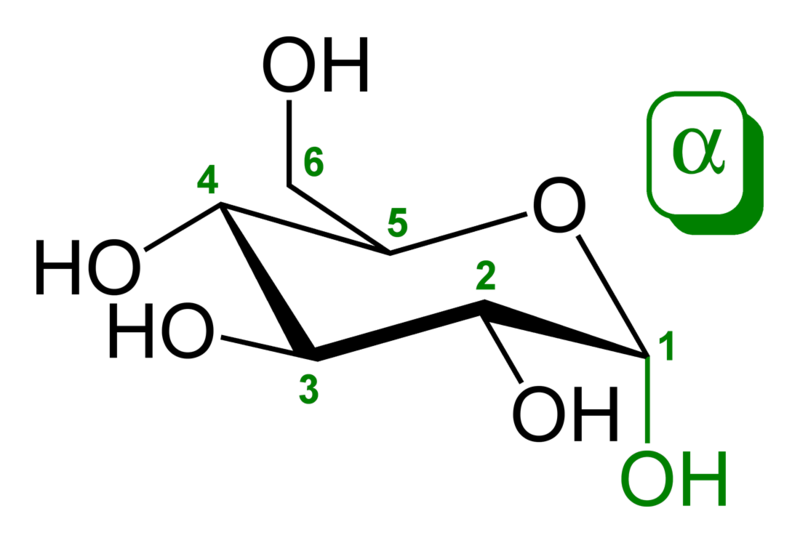Unfermentable sugars are highly caramelized sugars, like those in caramel malts, and long chain sugars referred to as dextrins. Dextrin malt and malto-dextrin powder have been previously mentioned in the ingredients chapters. Dextrins are tasteless carbohydrates that hang around, adding some weight and viscosity to the beer. The effect is fairly limited and some brewers suspect that dextrins are a leading cause of "beer farts," when these otherwise unfermentable carbohydrates are finally broken down in the intestines.
Dark caramel and roasted malts like Crystal 80, Crystal 120, Special B, Chocolate Malt, and Roast Barley have a high proportion of unfermentable sugars due to the high degree of caramelization (or charring).
http://howtobrew.com/section4/chapter20-1.html






